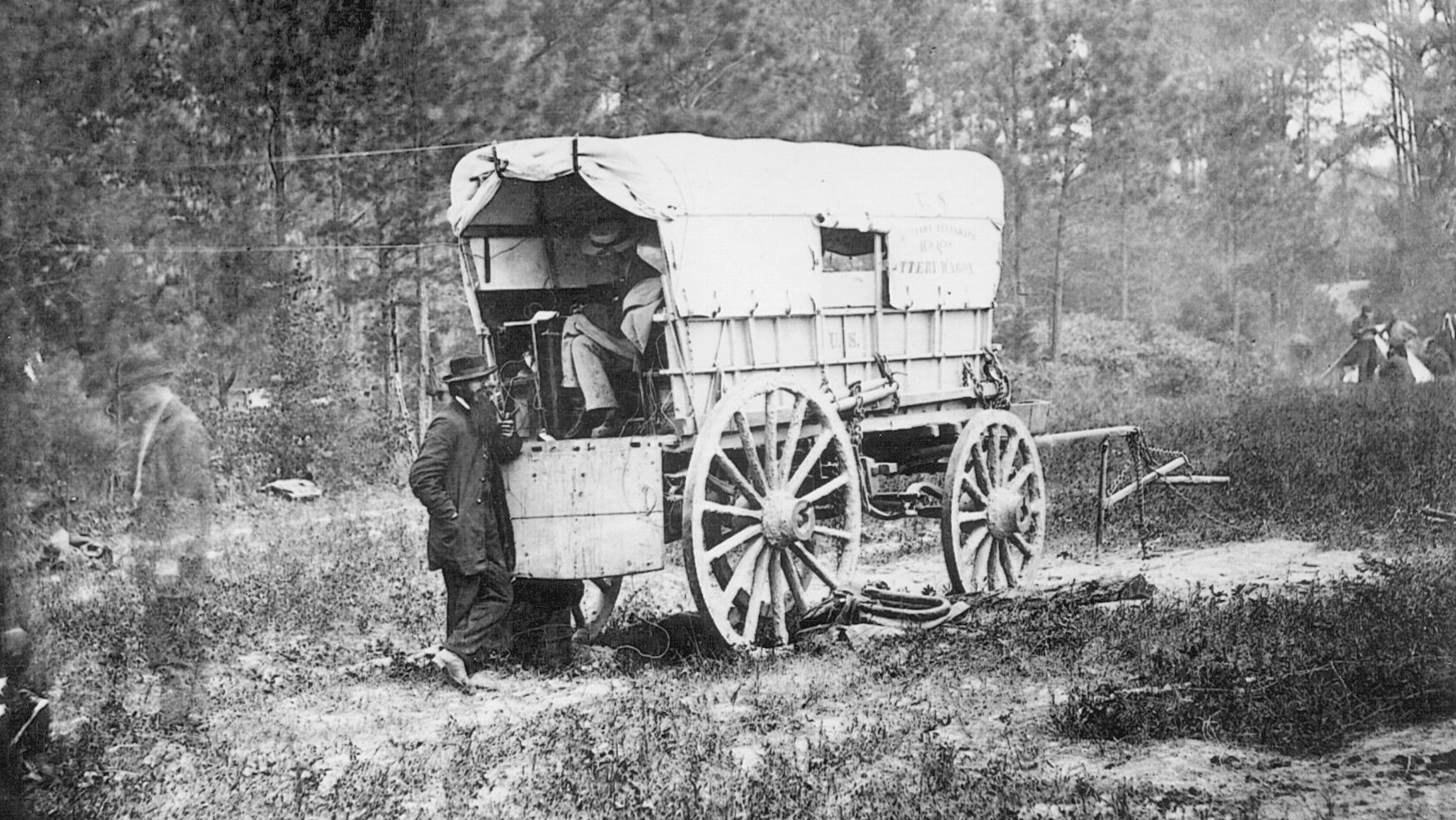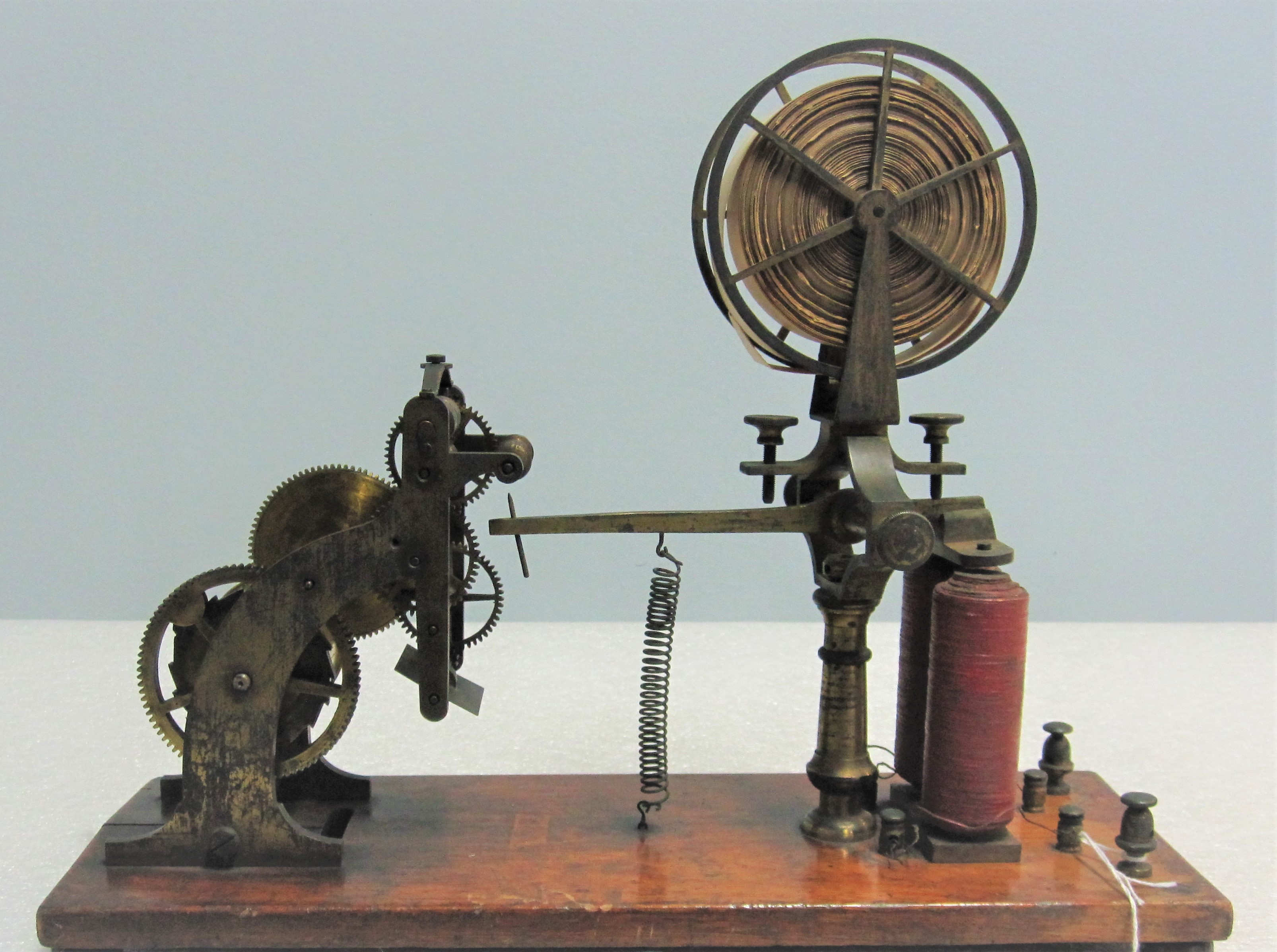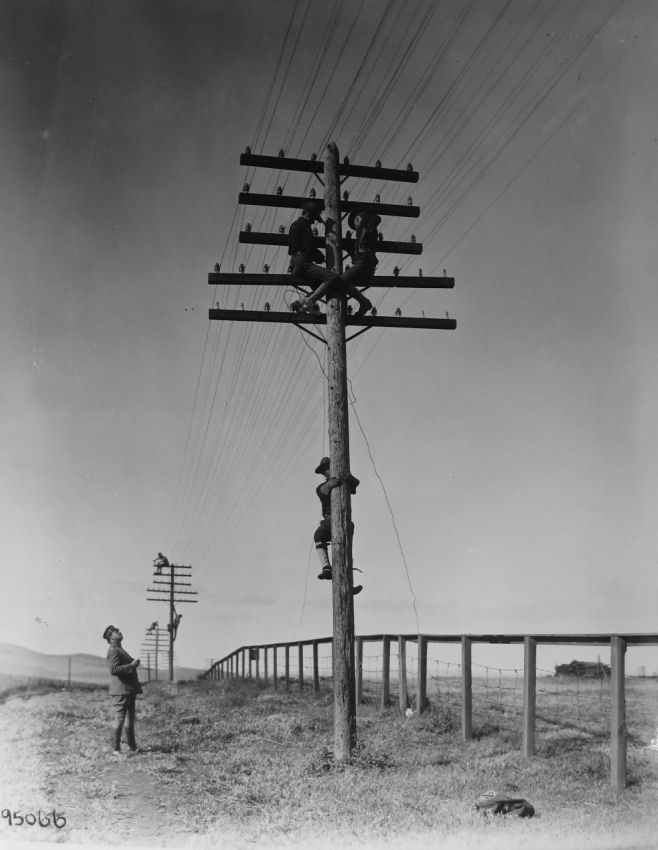Reference



OpenAI's Answer
The telegraph and signal systems played crucial roles in communication during the Civil War, significantly impacting military operations and strategy:
Role of the Telegraph:
-
Real-Time Communication: The telegraph allowed for near-instantaneous communication between distant army units and military leaders. This capability enabled commanders, including President Abraham Lincoln, to coordinate military strategies and movements swiftly and efficiently. For instance, strategic and operational decisions could be communicated to field generals without the delays associated with traditional messengers or horseback communications. Source
-
War Strategy and Command: Lincoln used the telegraph to issue commands and receive updates from the battlefield, significantly enhancing his ability as a commander-in-chief. The Union Army utilized the telegraph to control large armies with unprecedented precision across vast distances, which was a novel experience in American military history. This use of the telegraph revolutionized military communication and allowed for better strategic planning. Source
-
Tactical Advantages: The telegraph lines were crucial for transmitting detailed information almost in real time. However, their vulnerability to being cut or destroyed also meant that protecting these lines was a significant tactical concern. Source
Role of Signal Systems:
-
Signal Corps Operations: The U.S. Signal Corps used flag signaling systems, particularly at night using torches, to send visual communications across battlefield distances. These methods provided critical support for coordinating battlefield tactics and troop movements when the use of the telegraph was not feasible. Source
-
Observation and Intelligence: Signal systems were also used for observation behind enemy lines, allowing for intelligence gathering and enhanced situational awareness during battles such as the Battle of Antietam. Source
Overall, the integration of these technological advancements helped shape the communication strategies during the Civil War, introducing elements of real-time data transfer and coordination that were pivotal in warfare management.


Follow Up
Related
What were some of the key battles and military strategies in the Civil War?
How did the Civil Code of 1966 differ from the Civil Code of 1867?
Who were some significant leaders in the civil rights movement?
Who were some influential political and military leaders during the Civil War?
What role did North Carolina play during the American Civil War?